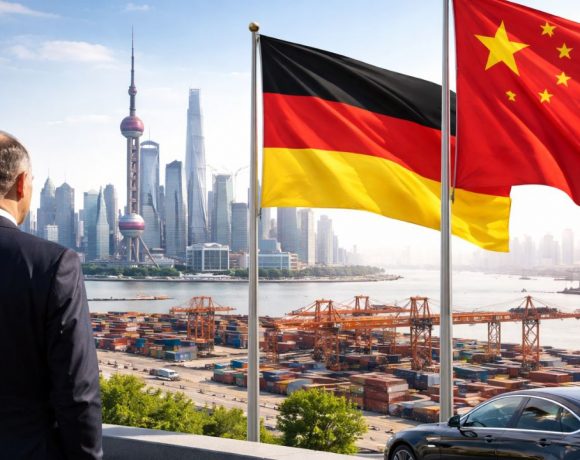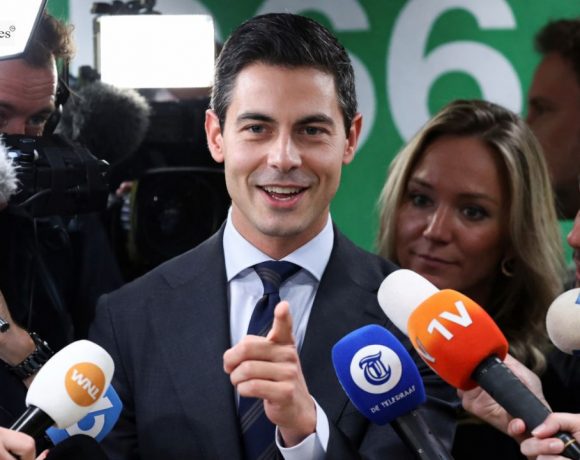
Gucci has drawn criticism after posting AI-generated images to promote its upcoming Milan Fashion Week show. Users on social media questioned the use of AI in place of human models and photographers, arguing it clashes with the fashion house’s emphasis on creativity and Italian craftsmanship. The images were clearly labeled as “created with AI,” but some called them examples of “AI slop,” highlighting the growing presence of low-quality AI content online.
The AI campaign coincides with Gucci creative director Demna Gvasalia preparing his runway debut in Milan. While not Gucci’s first use of generative AI, the approach has sparked debate about luxury fashion marketing, with some praising its ability to capture “Milano glam,” while others, including photographers like Tati Bruening, warn it risks negative publicity and undermining the creative ecosystem.
Experts note that AI can still play a limited role in fashion, such as retouching, mood boards, or small edits. However, some speculate Gucci may be intentionally provoking discussion on the intersection of luxury fashion and AI, using the campaign to challenge perceptions of what constitutes high-end creativity in the digital era.
Pic courtesy: google/ images are subject to copyright









